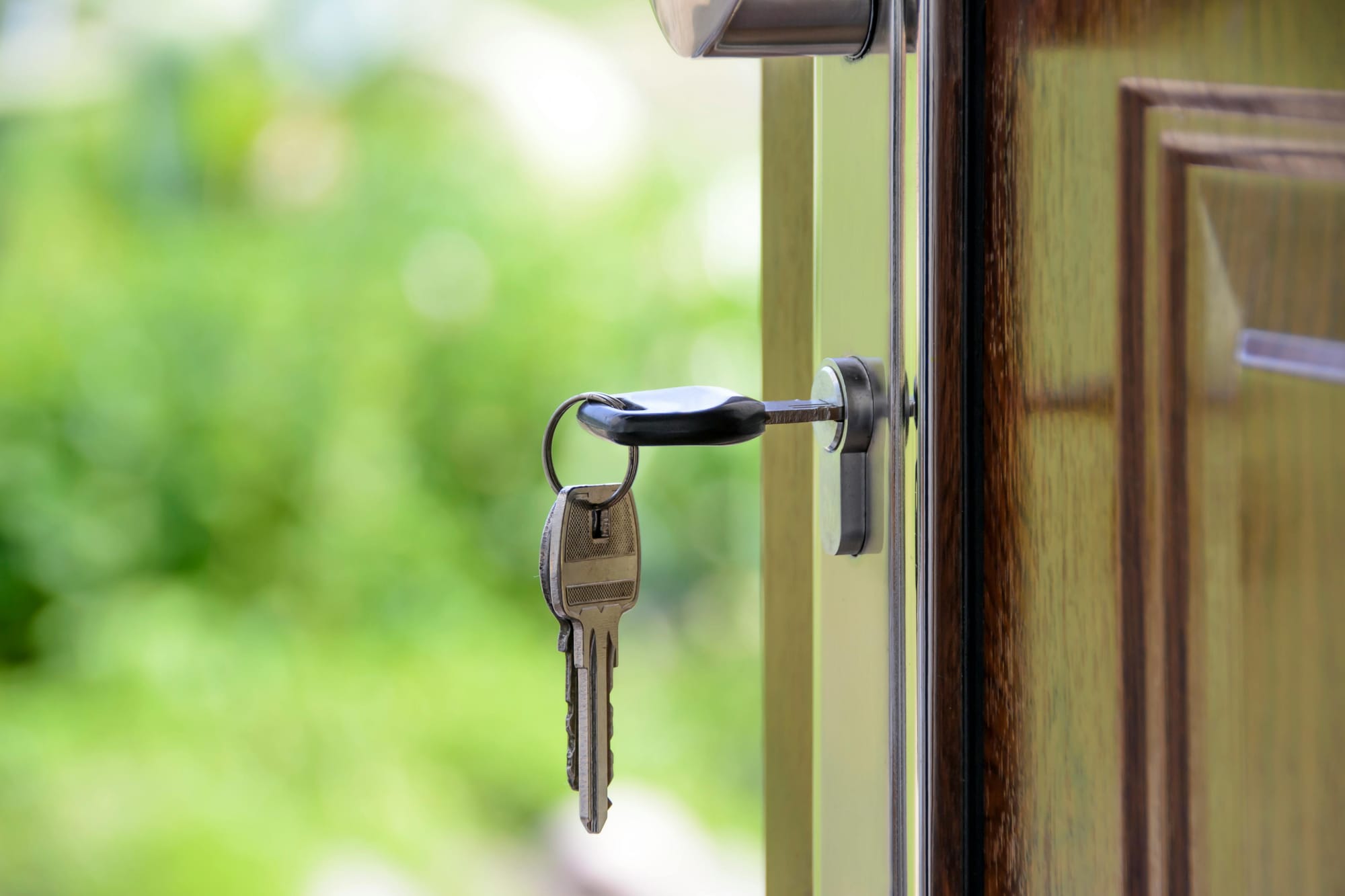Have you ever dreamt of scoring a fantastic deal on a house? Buying a house at auction might just be your golden ticket.
Navigating the auction process requires preparation and know-how. The blog post will explain how to buy an auction house, and equip you with the knowledge to confidently bid and buy your dream home at auction.
Get A Free Mortgage QuoteBeyond the Gavel: How to Buy an Auction House?
Auctions can seem like a fast-paced, high-stakes game. But with the right knowledge, they can be a fantastic way to find hidden gems in the real estate market.
Understanding how auction houses work and what to expect can empower you to make informed decisions and potentially secure a property at a bargain price.
Before diving into the bidding process, let's get familiar with the world of auction houses.
- Definition and Types of Auction Houses: Auction houses are specialized businesses that facilitate the sale of various items, including real estate, through a bidding process. They can be traditional brick-and-mortar establishments or online platforms.
- Differences between Traditional and Online Auctions: Traditional auctions involve in-person bidding, while online auctions allow you to participate remotely. Both have their pros and cons, so choose the one that suits your comfort level and preferences.
- How Auction Houses Operate: Auction houses handle the listing, marketing, and sale of properties. They set the terms and conditions of the auction and oversee the bidding process.
- Key Players Involved in the Auction Process: Apart from the auctioneer, you'll encounter sellers, potential buyers, and sometimes real estate agents representing buyers or sellers.
Why Buy a House at Auction? The Allure of the Gavel
So, what's the big deal about buying a house at auction? Let's explore the potential benefits and challenges.
Benefits of Buying a House at Auction
o Potential Cost Savings: You might be able to snag a property below market value, especially if there's less competition.
o Opportunities for Investment: Auctions can be a treasure trove for investors looking for fixer-uppers or properties with development potential.
o Quick and Transparent Process: Auctions generally have a faster closing timeline compared to traditional real estate transactions.
Risks and Challenges
o "As-Is" Condition: Properties are typically sold "as-is," so thorough inspections are crucial.
o Competition: Popular properties can attract fierce bidding wars, driving up the price.
o Auction Loans and Cash Requirements: You might need to secure financing in advance or be prepared to pay in cash.
Preparing for the Auction: Laying the Groundwork
Entering an auction unprepared is like walking into a battlefield without a strategy. Let's gear you up for success.
- Researching Auction Houses and Properties: Find reputable auction houses and thoroughly research the properties you're interested in. Look into their history, condition, and estimated value.
- Understanding Auction Terms and Conditions: Read the fine print! Familiarize yourself with the auction house's terms and conditions, including buyer's premiums, deposit requirements, and closing timelines.
- Securing Financing and Setting a Budget: If you need financing, get pre-approved for a mortgage before the auction. Set a budget and stick to it, no matter how tempting the bidding gets.
- Importance of a Pre-Auction Inspection: Never skip the inspection! Hire a qualified inspector to assess the Property's condition and identify any potential issues.
Finding Auction Listings: Where to Look
Ready to start your auction house hunt? Here are some proven strategies to find those hidden gems.
-
Sources for finding auction listings: You have multiple avenues to discover auction listings:
o Online Platforms: Explore dedicated real estate auction websites or general online auction platforms that feature real estate listings.
o Local Listings: Keep an eye on local newspapers, real estate magazines, and community bulletin boards for auction announcements.
o Networking: Connect with real estate agents, auctioneers, and investors who specialize in auction properties. They often have insider knowledge about upcoming auctions.
o Public Records and Foreclosure Listings: Check public records and foreclosure listings for potential auction properties.
Evaluating Properties: Due Diligence is Key
Once you've found some interesting listings, it's time to put on your detective hat and evaluate the properties.
-
How to Assess the Value of Auction Properties:
o Comparable Sales: Research recent sales of similar properties in the area to get an idea of the market value.
o Professional Appraisal: Consider getting a professional appraisal, especially for unique or complex properties.
o Online Valuation Tools: Utilize online valuation tools, but remember they provide estimates, not definitive values. -
Conducting a Title Search: A title search is crucial to uncover any liens, encumbrances, or ownership disputes that could affect your purchase.
-
Inspecting the Property (if possible): If allowed, schedule a thorough inspection with a qualified professional to assess the Property's condition and identify any potential issues.
-
Understanding Property Conditions and Potential Repairs: Be realistic about the Property's condition and factor in the cost of any necessary repairs or renovations into your budget.
Registering for the Auction: Getting in the Game
You've found the perfect Property; now it's time to register and get ready to bid.
- Steps to Register as a Bidder: Each auction house has its registration process. Typically, you'll need to provide identification, proof of funds, and sometimes a refundable deposit.
- Required Documentation and Deposits: Be prepared to provide the necessary documents and deposit to secure your bidder status.
- Understanding Bidder Numbers and Paddles: You'll likely receive a bidder number or paddle to identify yourself during the auction. Make sure you understand how to use it to place your bids.
- Importance of Reading Auction Rules: Every auction has its own set of rules. Read them carefully to avoid any surprises or disqualifications during the bidding process.
Preparation is key to a successful auction experience. Following these tips and doing your due diligence will help you bid confidently and potentially secure your dream home at a fantastic price.
Conclusion
Buying a house at auction can be a thrilling and rewarding experience. With careful preparation, thorough research, and a clear understanding of the process, you can increase your chances of success.
Remember, knowledge is power. So, arm yourself with information, set your budget, and get ready to bid on your dream home!







